Highlights
- For over 18 years, Kanchana Thenuwara has provided social services for those who have been imprisoned and have a history of reoffending
- Kanchana says the Pilbara region in Western Australia is a complex and challenging area, and many of the inmates she works with are of Indigenous background
- Kanchana's not-for-profit organisation was awarded the People’s Choice and Partnership Award for 2021 at the Pilbara Community Services Excellence Awards
Kanchana Thenuwara originally came to Australia to study Information Technology at Charles Sturt University.
After moving to Perth in 2000, she started her PhD in Electrical and Computer Engineering at Curtin University, while also working there as a casual staff member.
However, her study plans were disrupted when her husband was offered a job in the Pilbara - a large, sparsely populated region in the north of Western Australia. As a result, the couple decided to make the move, which took them some 1,800km from Perth.
With few local jobs available in her field of expertise, she tells SBS Sinhala that she decided to start teaching IT at the Pilbara TAFE and to inmates at Roebourne Regional Prison. Later on, she started working at the prison full time.
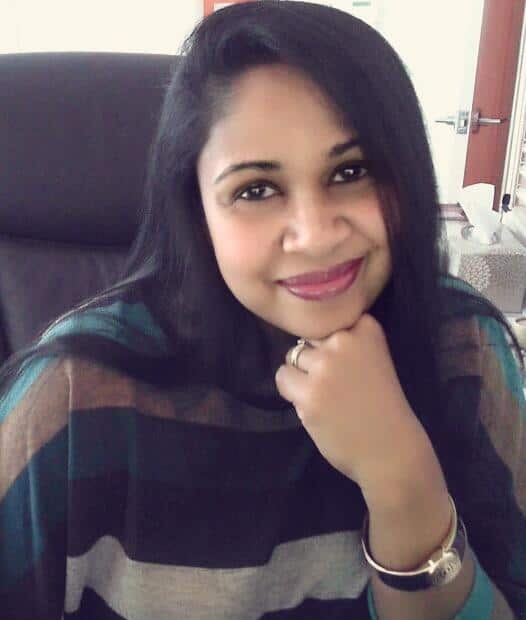
I was drawn to this work unexpectedly. But I always had a feeling that this opportunity would reveal other strengths in my life.
"So, I started delivering TAFE-level certificate courses in IT at the prison and spent more time with the inmates to teach them how IT could benefit them,” Kanchana says.
She was then employed by the Hedland Community Development Employment Projects (CDEP) to manage the prison reintegration program.
However, when the CDEP ceased, she was encouraged to create her own organisation to apply for the existing reintegration tender.
As a result of this, in 2011, she created a not-for-profit organisation named Pilbara Community Services Ltd (PCSL).
Contracted by the Department of Corrective Services, the organisation assists prisoners before and after their release with reintegration into the community. PCSL’s goal is to reduce recidivism by creating a safer community for all Pilbara residents.
The Pilbara, which covers 507,896 square kilometres, is today home to more than 31 Aboriginal cultural groups.
Kanchana says her work with the rich and diverse Indigenous communities is challenging but highly rewarding.
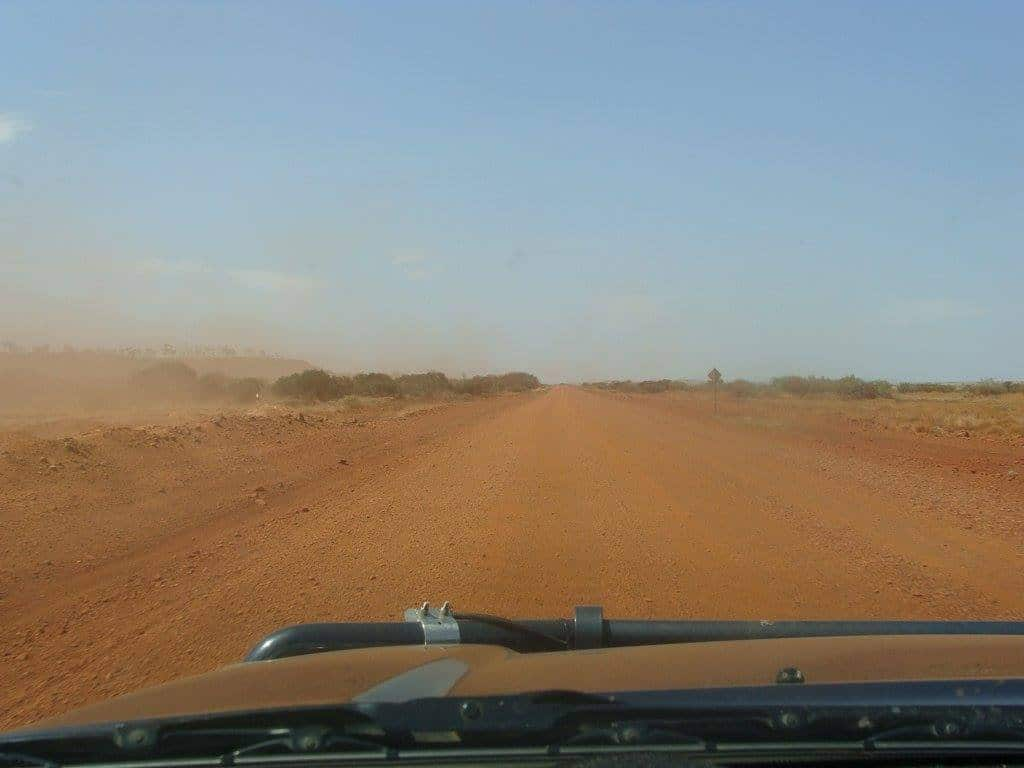
‘A challenging time’
Kanchana says that, in the beginning, some of her family and friends in Sri Lanka were anxious about her working at a prison, closely with inmates.
But she eagerly grasped the opportunity.
"To be honest, I was not nervous at all and was very excited. Finding an opportunity to work in the legal system and support inmates was something I truly enjoyed," says Kanchana.
Western Australia has the highest rate of Indigenous incarceration in Australia.
According to the Australian Bureau of Statistics, 4.1 per cent of the state’s Indigenous population is in custody,
“As a migrant woman, working with Australian Indigenous people brought challenges do to differing cultural backgrounds. But it felt like destiny drove me on this journey. And I'm happy that I selected this path,” says Kanchana, who has now worked in this field for over 18 years.
Kanchana admits life in Pilbara is not easy. Meeting her service recipients can pose many obstacles and sometimes it takes up to three days to reach some remote communities.
Public transportation is not an option.
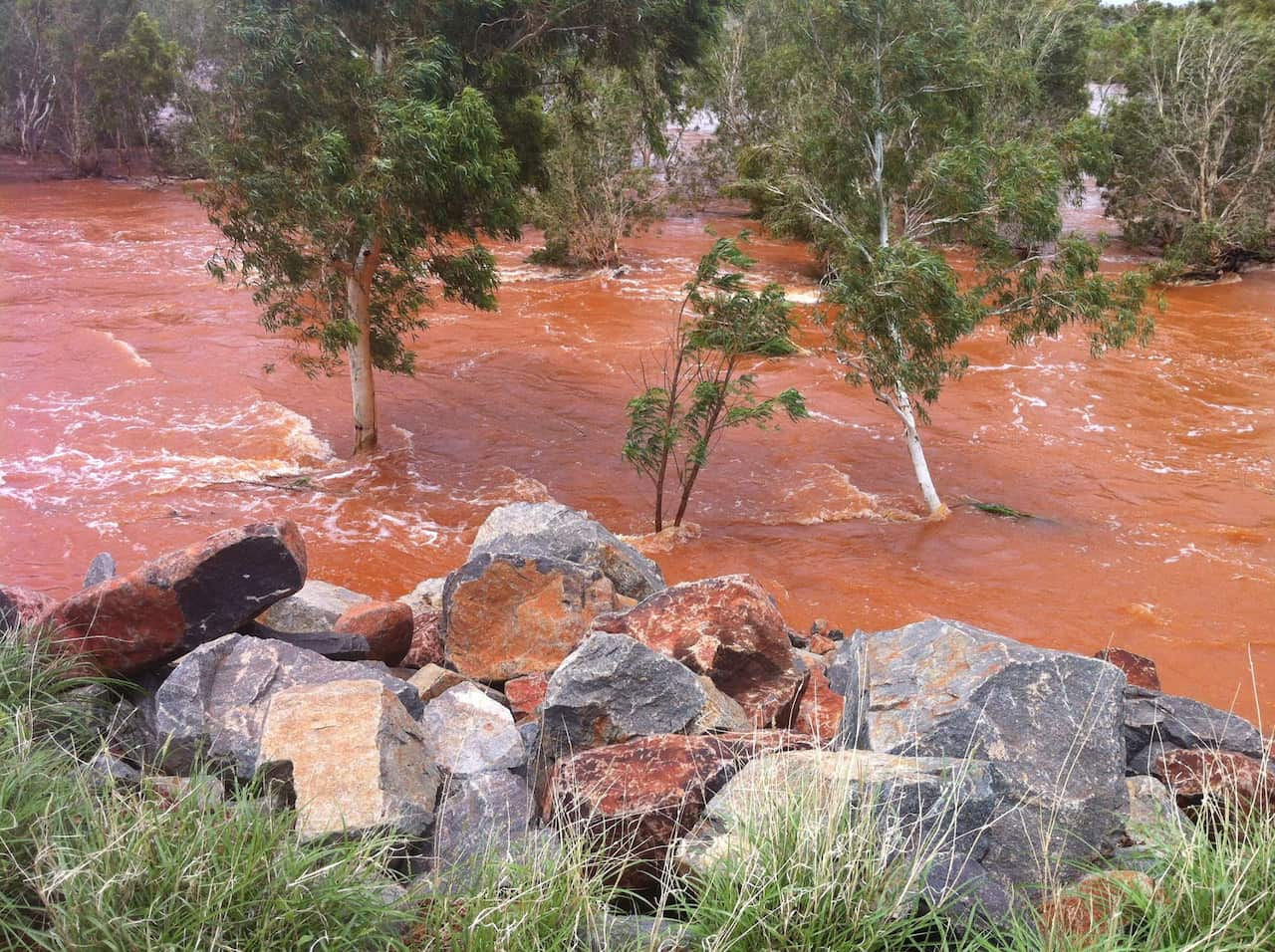
“I’ve had to travel through isolated areas driving on outback dirt roads and even had to spend some nights camping out or staying inside the vehicle in the middle of nowhere.
“It can be scary at times. Sometimes it’s so quiet you can hear a pin drop. The sound of the winds will always stay with me,” she says.
The weather poses further challenges – storms and cyclones can limit access to remote communities, while soaring temperatures can make dealing with people difficult.
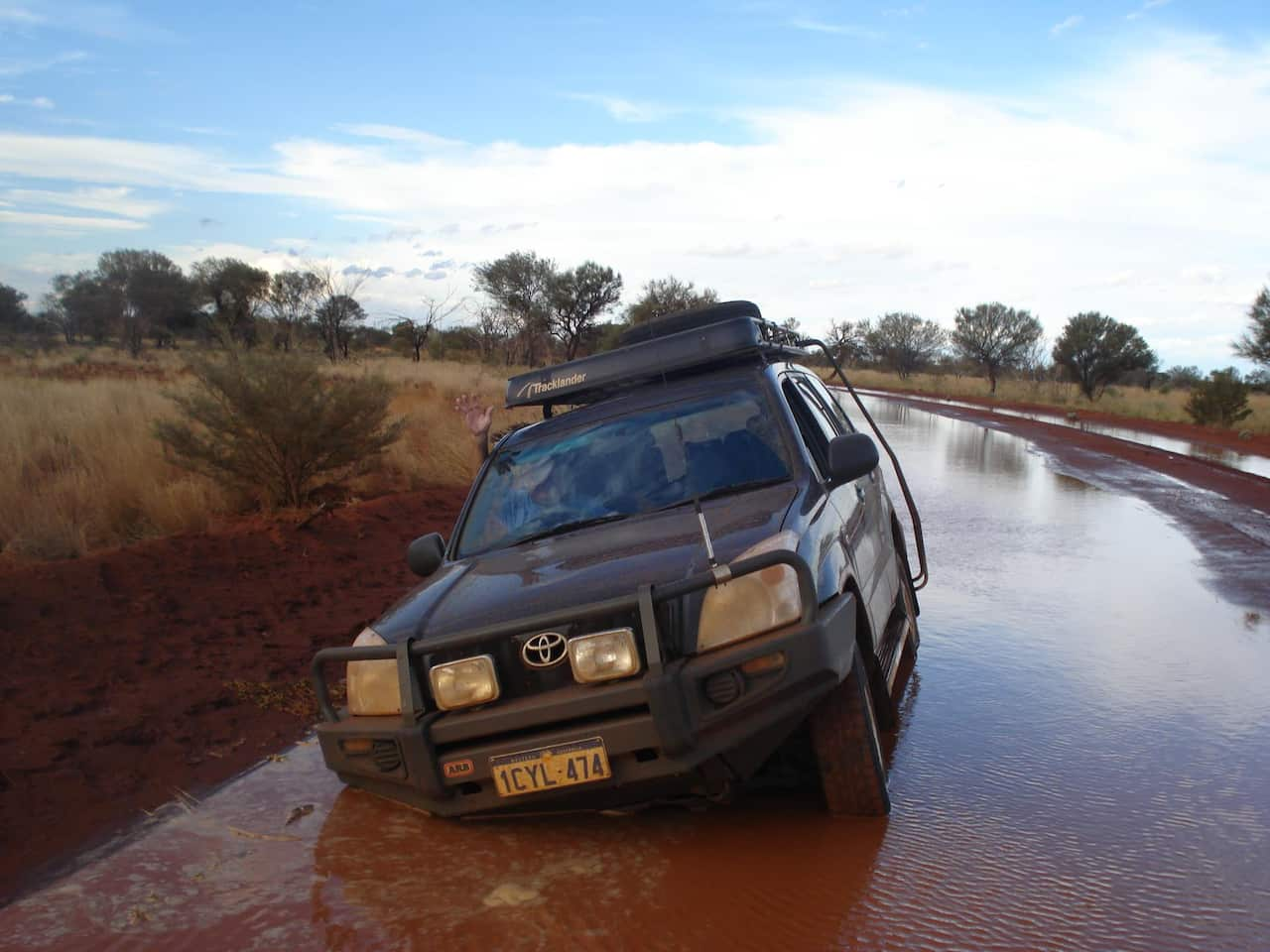
Working with Indigenous Australians
Kanchana says she has met many “loving people” through her work.
“Most of the people I meet just want to move on from their past mistakes and lead a good life,” she explains.
According to Kanchana, some of the people she deals with cannot speak English, while many come from socially disadvantaged backgrounds and live in poor conditions.
Even though they may receive financial support from the government or other means, Kanchana says many do not have the knowledge to improve their living standards.
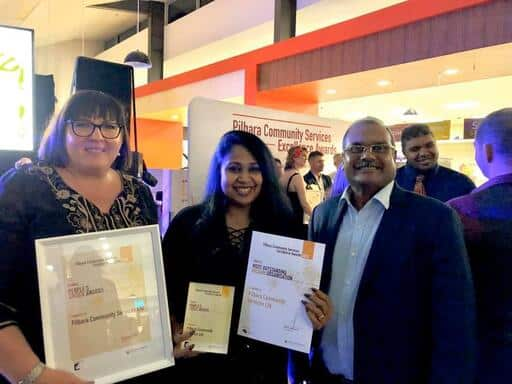
While Kanchana says she is happy just to make a difference in the lives of those she supports, her service has also been recognised by others.
Most recently, Pilbara Community Services was awarded the People’s Choice and Partnership Award for 2021 at the Pilbara Community Services Excellence Awards.
As a Sri Lankan, hospitality and empathy are in our genes.
"I think working closely with Indigenous Australians in the Pilbara has enriched my life journey even further."
Kanchana says she hope to continue to work for the betterment of the people in this region.
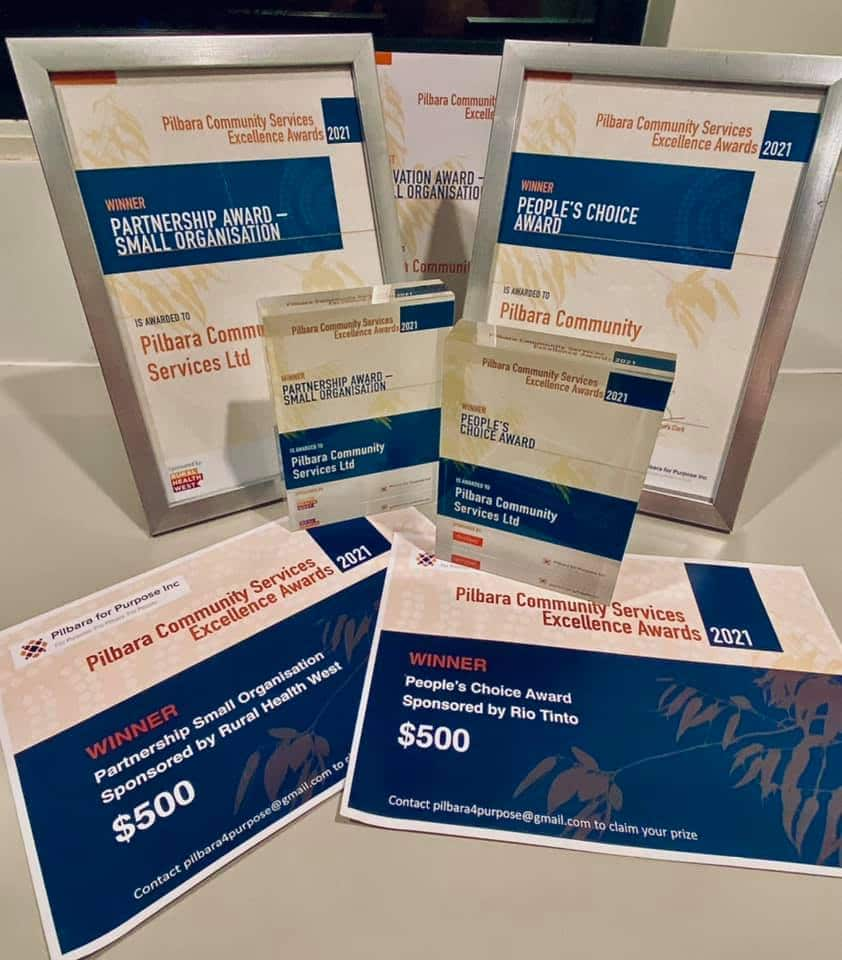
Listen to SBS Sinhala at 11 am on Mondays, Tuesdays, Thursdays, and Fridays on SBS Radio 2.
Find your area’s radio frequency by visiting our tune in page.
For the latest information visit SBS Sinhala Facebook page

